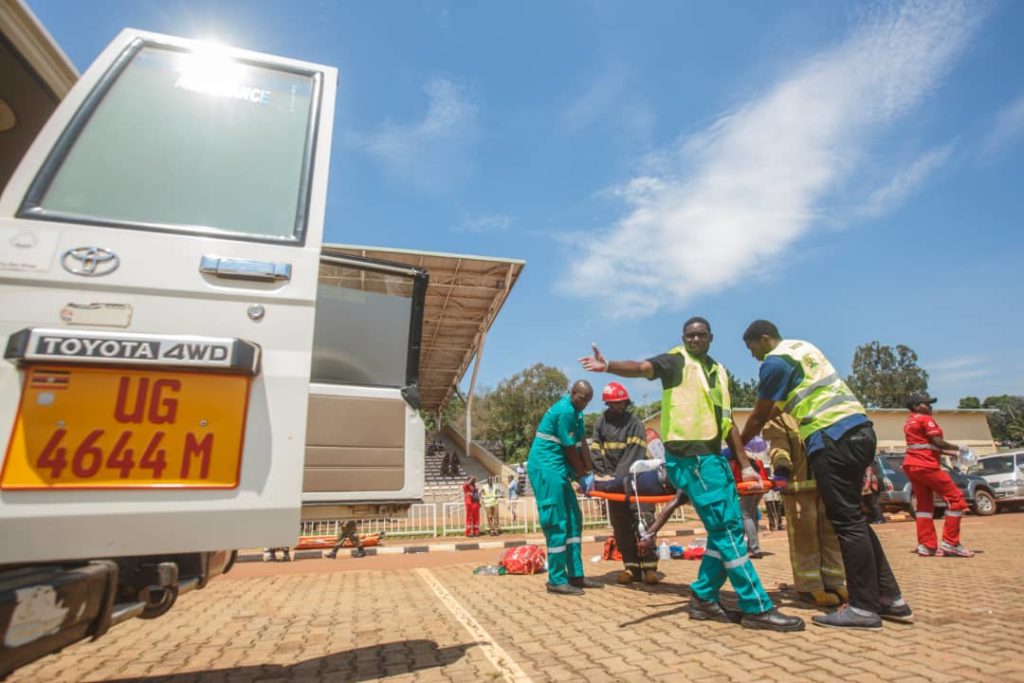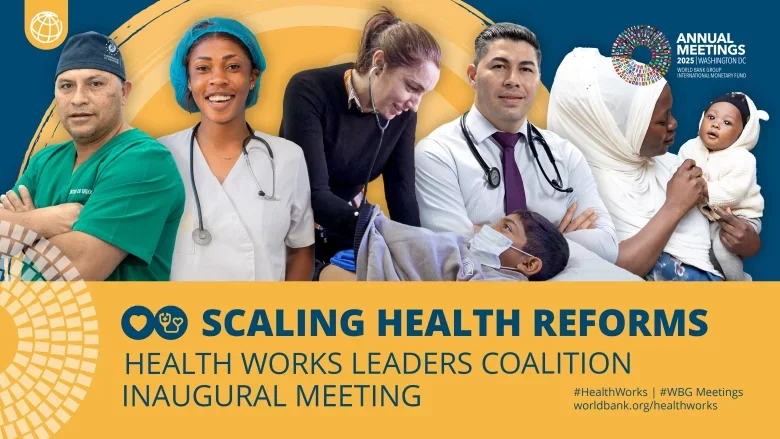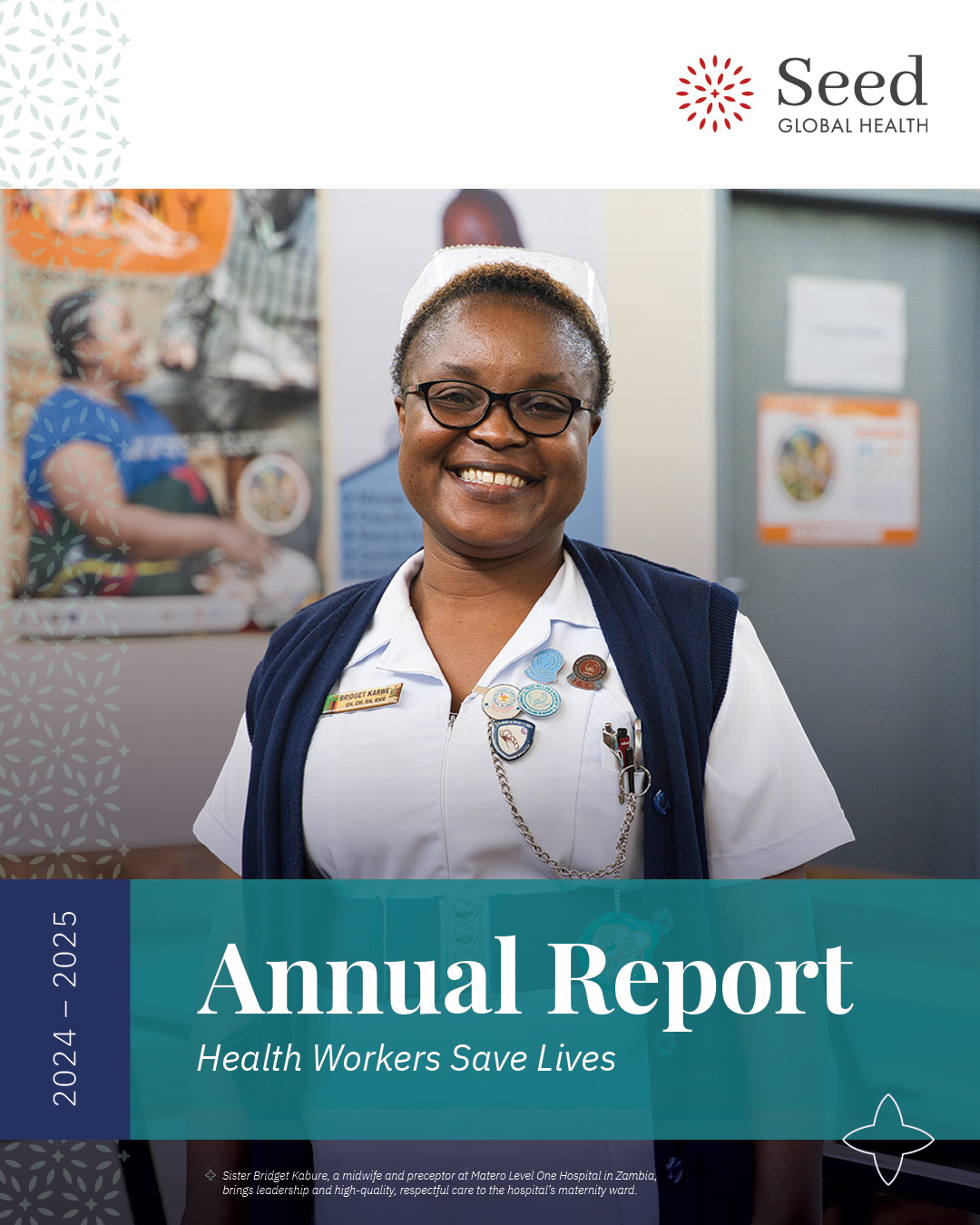Seed Hosts Mass Casualty Simulation in Uganda
On November 7, Seed Global Health (Seed), in partnership with the Ministry of Health, Emergency Care Society of Uganda, and other stakeholders, hosted a mass casualty simulation at Kololo Independence Grounds in Kampala. The goal was to demonstrate how an effective emergency care system should work.
The simulation, the first of its kind nationally, was based on an accident scene staged in Matugga, along the Kampala Gulu Highway, involving over five vehicles and motorcycles and resulting in 52 casualties. The exercise had multiple scenarios showcasing the ideal prehospital and hospital emergency care for accident victims.
The first responders and health professionals involved in the simulation exhibited precision in administering care to casualties at the accident scene before putting them into ambulances to be transported to different hospitals.
In addressing the participants at Kololo, the Minister of State for Primary Health Care Dr. Joyce Kaducu stated that the simulation was timely in light of the World Health Organization’s (WHO) recommendation to all member states to improve their emergency care systems.
According to Honorable Kaducu, the simulation, which aimed at establishing benchmarks for the National Emergency Medical Services System, was an indicator that Uganda is on the roadmap to achieving the WHO recommendation. She also commended Seed for efforts in strengthening medical and nursing education in emergency care.
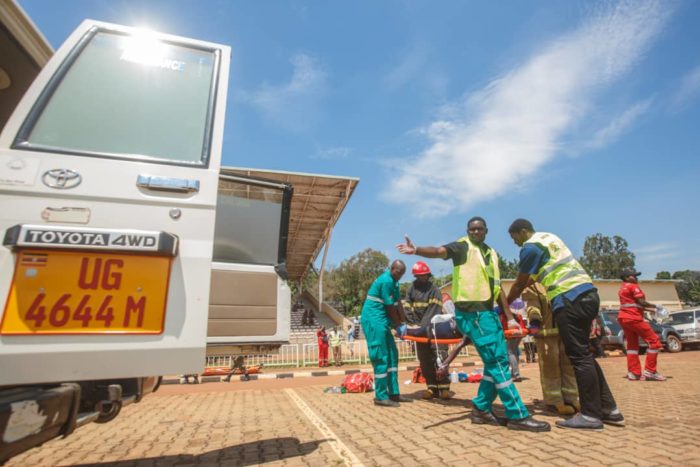
Dr. Annet Alenyo Ngabirano, the drill coordinator and president of the Emergency Care Society of Uganda, stated that the exercise demonstrated that Uganda can do a lot to improve emergency care services with available resources. “All it takes is collaboration and better coordination of institutions providing emergency care services,” said Dr. Alenyo. “I am positive that the National Emergency Medical Services System will streamline the structure and procedures of emergency care.”
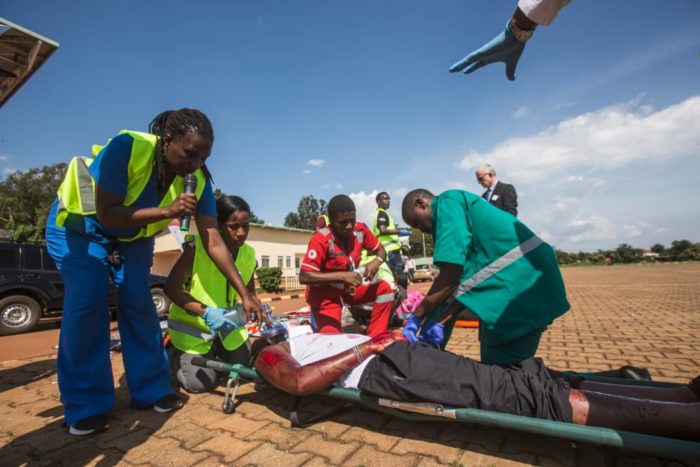
**Seed is grateful to all our partners and emergency care stakeholders that made the simulation not only possible but also a success. These include: The Ministry of Health, Uganda Police, Association of Ambulance Professionals of Uganda, Kampala City Council Authority, Lubaga Hospital, Mulago National Referral, Kiruddu Hospital, Nsambya Hospital and Naguru Hospitals, Mbarara University of Science and Technology, and Uganda Red Cross Society.
